Breast Reduction Before or After Weight Loss: Which Is Recommended?
Body Plastic Surgery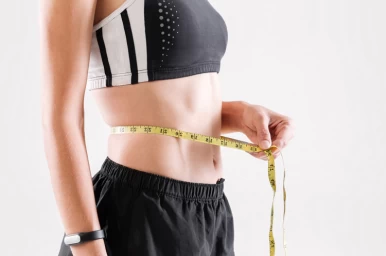
Breast reduction, also known as reduction mammoplasty, is an elective surgery that helps women with overly large breasts overcome their discomforts. One of the essential aspects to consider in the context of breast reduction is meeting specific weight requirements. It's crucial to be at or close to your ideal body weight, as this factor significantly influences the appearance of your breasts.
If you're contemplating breast reduction surgery and wondering about the associated weight requirements, a common query is, "How much weight do you have to lose to get a breast reduction?" Understanding the importance of weight loss before breast reduction is integral, as it can impact the overall success of the procedure and contribute to achieving desired results.
Exploring the relationship between breast reduction and weight loss, it's essential to address concerns related to how to lose belly fat after breast reduction. While the surgery can alleviate physical discomfort, maintain a healthy lifestyle, and address body weight concerns, post-surgery remains crucial for overall well-being. The interconnected aspects of breast reduction, weight loss, and post-operative care underscore the importance of a holistic approach to achieve the best outcomes for individuals considering or undergoing this elective procedure. If you're also curious about effective strategies for losing belly fat after breast reduction, incorporating lifestyle changes and seeking guidance on how to lose weight before breast reduction can enhance the overall outcomes of the surgery.

What Are the Benefits of Breast Reduction?
Breast tissues are usually outgrown due to genetic and environmental factors such as hormonal imbalance, genetic problems, pregnancy, breastfeeding, certain medications, weight gain, etc. They may cause several physical issues, including neck and shoulder pain, numbness of breasts, chronic headaches, rash and infection under the breasts, indentation on the breast, and limitation in physical activities.
Also, overly large breasts (in both genders) can draw unwanted attention from others, which is unpleasant to many people. Fortunately, breast reduction surgery can relieve chronic pains, improve your appearance and self-esteem, enhance athletic performance, and eliminate skin problems caused by large breasts. Moreover, you can renew your wardrobe after this operation as you can easily fit into your favorite clothes.
Why Losing Weight Before Breast Reduction?
Breast reduction involves removing excess fat, tissue, and skin from the breasts to make them proportionate to other body features. During this operation, the surgeon chooses the best cup size based on your current weight and your expectation; therefore, your weight can affect how your boobs will look.
But why should you lose weight before breast reduction and not after it? Because whenever you lose weight, some of it comes from your breasts, which lose firmness and elasticity. Thus, to prevent saggy boobs, you should start losing weight for breast reduction surgery as soon as you have decided to get it.
How to Lose Weight Before Breast Reduction?
The most reliable indicator of whether you are a good candidate for breast reduction surgery is your body mass index (BMI). To get a reduction in mammoplasty, your BMI must be between 19 and 30, meaning you shouldn't be underweight or obese. Before undergoing breast reduction surgery, it's crucial to be mindful of the specific breast reduction weight requirements to ensure optimal outcomes and a smooth recovery.
To guarantee a successful breast reduction, you can adhere to the following suggestions:
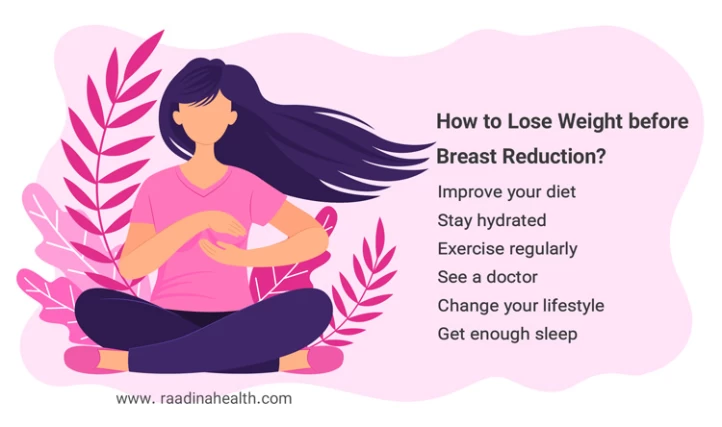
Improve your diet
A balanced, low-calorie diet is the key to losing weight before breast reduction. From months before the surgery, you need to add more leafy vegetables, fresh fruits and juices, low-carb foods, and healthy fats to your diet and avoid having foods that cause you to gain weight (such as fast foods and sugary drinks). If you don't have a specific food regimen, seek help from a dietitian.
Stay hydrated
Water can greatly help you lose weight before breast reduction by increasing your metabolism, suppressing your appetite, improving your digestive function, reducing your need for sugary drinks, etc. Therefore, you should drink at least six glasses of water daily for a couple of months before the operation.
Exercise regularly
Losing extra calories is only achievable through exercising regularly. In addition to reducing the calories you eat, you need to burn the ones in your body. You should work out 30 to 60 minutes a day at home or the gym to do so.
See a doctor
Sometimes, the cause of obesity is a health problem such as diabetes, Prader-Willi syndrome, Cushing syndrome, anxiety, and mental distress, etc.; therefore, if you cannot lose weight by going on a diet or exercising, you probably have an underlying health issue that must be fixed. After resolving all your health problems, you can easily lose weight before breast reduction.
Get enough sleep
Sleeping 7-9 hours a day can also increase your metabolism, control your appetite, provide the energy needed for exercise, lower blood pressure and insulin levels, etc. So, make sure to get enough sleep at night to have a stable BMI and lose weight before breast reduction.
Change your lifestyle
You can quickly lose weight before breast reduction if you modify your lifestyle. Drinking plenty of water daily, not skipping breakfast, using a smaller plate, and reducing alcohol intake can help you lose fat and calories quickly.
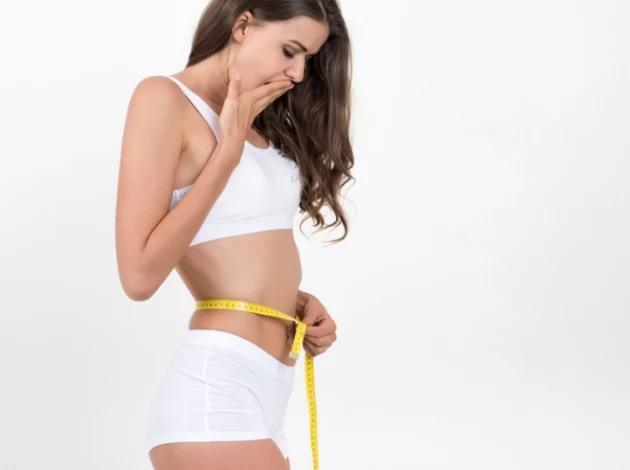
Will I Lose Weight After Breast Reduction Surgery?
You will lose two to eight pounds following the procedure, even though breast reduction is not a weight-loss method. This surgery can have mild to dramatic effects on your appearance, depending on the amount of tissue and fat removed.
Additionally, you can lose 10 to 20 pounds if you continue to exercise and eat a healthy diet both before and after the procedure. Keep in mind that you will appear thinner even if you only lose a few pounds because your breasts will be more petite and proportioned after losing belly fat after breast reduction.
What Surgeries Can Be Done Along with Breast Reduction?
To achieve the ideal body, you can ask your plastic surgeon to combine breast reduction with body lift procedures, liposuction, or a tummy tuck. To enhance the overall appearance, reduction mammoplasty is typically performed in conjunction with neck lifts, butt and thigh lifts, or stomach liposuction. Additionally, plastic surgeons perform various procedures to remove extra skin from the neck and chest when there is more sagging skin than is typical.

Can You Still Get Breast Reduction if You’re Overweight?
If you have only a few extra pounds and your BMI is still in the normal range, breast reduction is safe for you, and its results will be outstanding. However, suppose you are over 10 pounds above your ideal weight or your BMI is over 30. In that case, you need to reconsider getting this cosmetic procedure because there is a high chance that you face serious postoperative complications from this surgery. The other option is to lose weight before breast reduction a couple of months before this operation to be assured that its outcomes will be permanent and outstanding.
Why Is My Stomach Bigger After Breast Reduction?
It's unusual for breast reduction surgery to directly cause an increase in the size of the stomach. However, there could be several factors contributing to the perception of a larger stomach after breast reduction:
- Posture and Body Proportion: After breast reduction, some individuals may unconsciously adjust their posture, which can affect the appearance of the stomach. A change in the proportion of the breasts to the rest of the body might make other areas, such as the stomach, seem more prominent.
- Weight Gain: If there has been a significant weight gain after the surgery, it can contribute to an increase in abdominal size. It's essential to maintain a healthy weight to achieve optimal results and prevent changes in body proportions.
- Swelling and Inflammation: Temporary post-operative swelling is normal after breast reduction surgery. This swelling might extend to the abdominal area, leading to a perception of increased stomach size. The swelling usually subsides as the body heals.
- Changes in Clothing Fit: Following breast reduction, individuals may experience changes in the way clothing fits. Clothes that used to drape differently over the body may now emphasize other areas, possibly making the stomach appear larger.
- Effects of Anesthesia and Medications: The anesthesia and medications used during surgery can affect people differently. Some patients report struggling with bowel movements or experiencing a loss of appetite in the initial post-operative period. This can lead to the body retaining water, resulting in the appearance and feeling of bloating in the stomach. Fortunately, these effects are typically temporary and tend to subside within 1-2 weeks after surgery.
FAQs about Breast Reduction Surgery
What if I lose weight after breast reduction surgery?
Losing weight after breast reduction may affect your operation's results and cause your boobs to sag. Therefore, reaching your ideal weight before undergoing this procedure is suggested.
Will I look slimmer after breast reduction surgery?
Breast reduction surgery will trim your upper body and proportionate your breasts with other body parts. As a result, you will look skinnier and more attractive after this operation.
Will my breasts look normal after the reduction of mammoplasty?
You can discuss your expectations regarding the size and shape of your breasts with your surgeon in the consultation session. Usually, the breasts are swollen for a couple of weeks following the surgery, but when the swelling subsides, the definite cup size will be revealed.
Does my stomach look bigger after breast reduction?
For a couple of weeks after breast reduction surgery, you may notice that your abdomen looks larger than usual. This is mostly because of constipation or swelling of the upper body. Once the early complications of the surgery go away, your stomach will look much smaller. On the other hand, if your abdomen is naturally bulgy, you should get a tummy tuck along with breast reduction to have a flatter belly.
How much weight do you lose to get a breast reduction?
There is no exact scale for how much weight you should lose before breast reduction, but having a BMI lower than 30 at the time of surgery is important. Also, having a stable BMI six months before the operation is preferable.
Are there specific lifestyle changes I should make in preparation for breast reduction surgery?
Engage in regular exercise to promote overall health and aid in a smoother recovery. Follow a balanced diet rich in nutrients to support healing. If applicable, work towards achieving and maintaining a stable weight before the surgery.
How to lose belly fat after breast reduction?
Breast reduction targets only breast tissue and fat, not abdominal fat. To lose belly fat after surgery, a combination of a balanced diet, regular exercise, and core-strengthening workouts is recommended. Always wait until your surgeon clears you for physical activity.
How much weight do you lose after a breast reduction?
The actual weight loss depends on how much tissue is removed, usually ranging from a few hundred grams to several pounds. However, the main benefit is not overall weight loss but improved comfort, posture, and breast size.
Does breast reduction boost metabolism or help with weight loss?
Breast reduction itself doesn’t directly affect metabolism, but many patients find it easier to move, exercise, and burn calories after the surgery, which indirectly supports weight management.
Can I combine breast reduction with liposuction for better results?
In some cases, surgeons may combine liposuction with breast reduction to remove excess fat and contour the chest area for a more natural look.





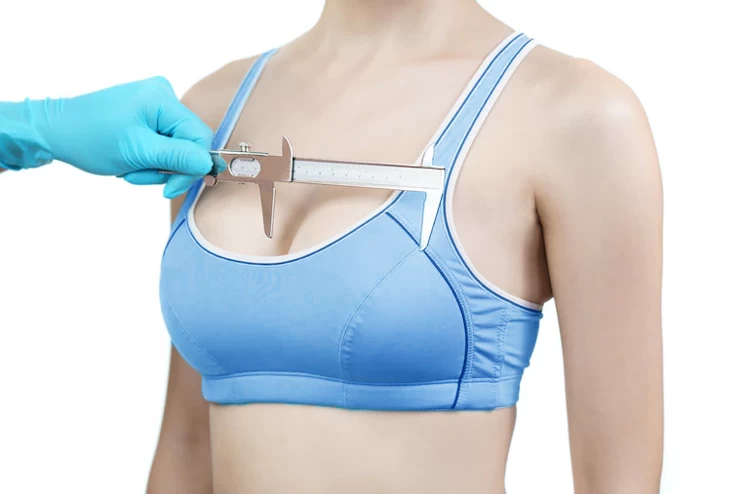


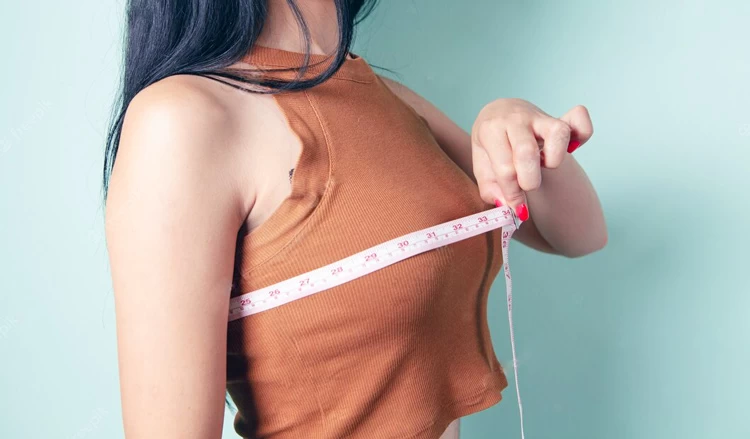


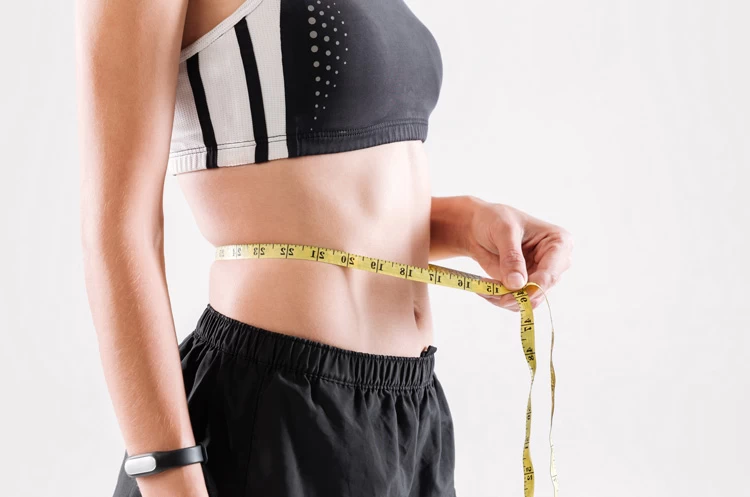



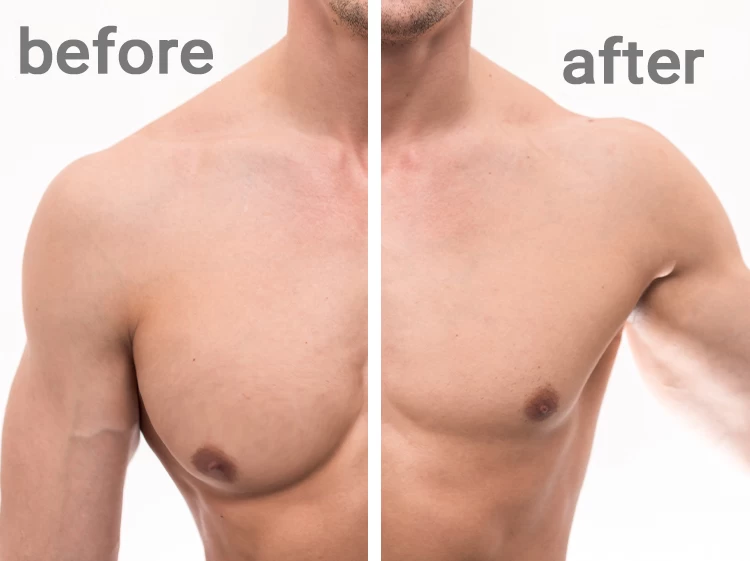

No reviews
Your comment